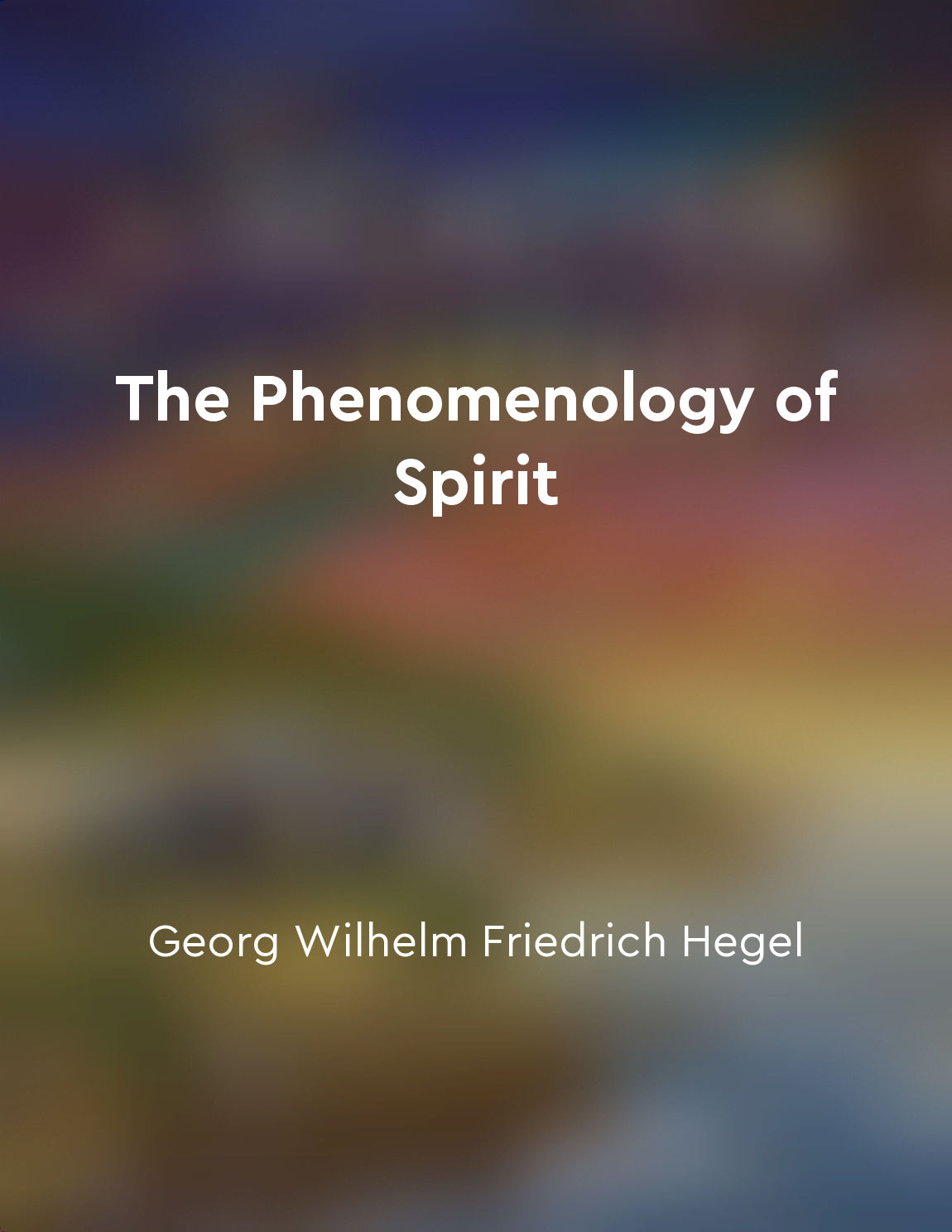Audio available in app
The struggle for recognition will continue even in posthistorical society from "summary" of End of History and the Last Man by Francis Fukuyama
The idea that the struggle for recognition will persist even in a posthistorical society is a central theme in the book "End of History and the Last Man." While Fukuyama argues that liberal democracy represents the endpoint of mankind's ideological evolution, he also acknowledges that human beings will continue to seek recognition and validation from others. This desire for recognition is deeply rooted in human nature and is unlikely to disappear even in a world where major ideological conflicts have been resolved. Throughout history, individuals and groups have fought for recognition of their identities, beliefs, and values. This struggle for recognition is not merely a quest for material resources or power; it is a fundamental aspect of human existence that shapes our sense of self-worth and identity. In a posthistorical society where liberal democracy prevails, individuals may no longer need to fight for basic rights or freedoms, but they will still seek recognition of their unique identities and contributions. Fukuyama suggests that the desire for recognition will manifest itself in different ways in a posthistorical society. People may seek recognition through their careers, relationships, or creative pursuits. They may also seek validation through social media, consumerism, or other forms of self-expression. While these pursuits may seem trivial compared to the grand ideological struggles of the past, they are nonetheless important for individuals seeking to establish their place in the world. Moreover, the struggle for recognition can lead to conflicts and tensions in a posthistorical society. People who feel marginalized or overlooked may become resentful or angry, leading to social unrest or political upheaval. The quest for recognition can also create competition and rivalry among individuals or groups, as they vie for status, prestige, or influence.- While the end of history may bring about a more peaceful and stable world, the struggle for recognition will continue to be a significant aspect of human life. Individuals will always seek validation and acceptance from others, and this desire for recognition will shape their actions and interactions in a posthistorical society. Ultimately, the quest for recognition is a universal and enduring feature of human nature that will persist regardless of the ideological framework of society.
Similar Posts
Emergence of modern state in early modern Europe
The emergence of modern states in early modern Europe was a crucial development in the evolution of political order. This perio...
Conformity can mask feelings of insecurity
When one conforms to societal norms and expectations, it may seem like a way to fit in and feel secure. By following the crowd ...
Eastern philosophy embraces paradox
The fundamental idea that underpins Eastern philosophy is its acceptance of paradox. Paradoxes are statements that appear to be...

Phenomenological method
The Phenomenological method is the path of observing and examining the development of consciousness itself, as it progresses fr...
Cultural symbols help convey deeper meanings
Cultural symbols play a crucial role in conveying deeper meanings within a society. These symbols are not mere representations ...

Ultimately, the true measure of a person is not their achievements, but the strength of their character
In a world that often values outward success and material accomplishments above all else, it can be easy to lose sight of what ...
The West is in a state of decline
The West is in a state of decline. This is not a temporary phase or a passing trend, but rather a fundamental shift in the cour...
The state is the ultimate expression of political power
The concept of the state as the ultimate expression of political power is a central theme in 'The Concept of the Political'. Ac...
The dehumanization of minorities is a hallmark of totalitarianism
The dehumanization of minorities is a hallmark of totalitarianism. Totalitarian regimes rely on the systematic dehumanization o...
Learn to tolerate and embrace uncertainty
In a world filled with constant change and uncertainty, our natural inclination is to seek out stability and control. We are ta...

